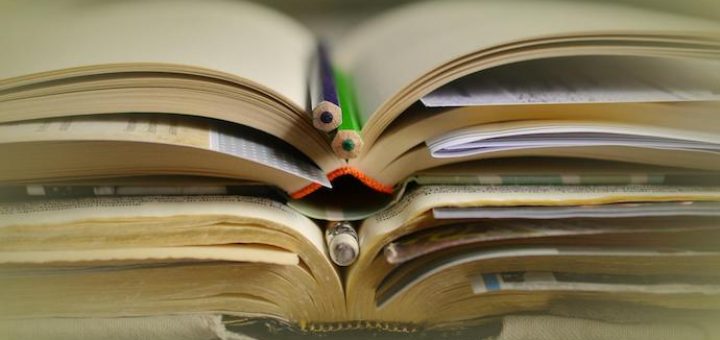What Is Test Anxiety and How Best to Cure It Scientifically

Whether you are preparing for a university entrance exam or studying for a major test, a lot of hard work has to be exerted for you to perform well. Be that as it may, your brain can only manage a small volume of the 50,000 thoughts it generates and processes per day. You simply can’t expect it to do a great job out of remembering dates and facts that are crucial to test-taking.
Studying is one crucial skill that humans will have to use to get ahead in life. It comes naturally to us since we are designed to adapt to our environments using both our analytical and creative faculties. Then again, when it comes right down to studying for a big test, most of us are just at a loss. We think we have studied enough, but then, there are questions we just can’t wrap our heads around.
Understanding test anxiety
Test anxiety is a real thing, and experts within psychological and pedagogical circles have looked into the nature of the condition. So much so that it has been categorized into two different definitions: a fear of failure and evaluation anxiety.
Prof. David Putwain of the Liverpool John Moores University found that a fear of failure is a common reason for the unease that students feel when they’re preparing and answering a test. This fear is derived inwardly, as opposed to evaluation anxiety, which takes root in social expectations and pressures being exerted on the individual.
From these definitions, Putwain was able to outline four different reasons why tests are stressful to certain groups, namely: consequences, self-esteem, judgment from others, and fear appeals.
Surprisingly, the idea that test anxiety is correlated with performance during an examination remains inconclusive, but a large body of work has pointed to a correlation between test anxiety and academic performance. Beth Ann Fulton of Walden University, in her 2016 study on the relationship between standardized test scores and test anxiety, concluded that high anxiety can cause a decline in performance.
That being said, it’s only proper to prepare for a test and prevent anxiety from creeping in. Here are a few ways to do just that.
Avoid multitasking
If you are writing your thesis on the Battle of Antietam and studying for a Biology exam at the same time, stop. Focus on one thing before you deal with another. After all, there’s no such thing as multitasking. There’s only task switching.
Keep it simple
Don’t try to force your brain to understand an unfamiliar concept. Instead, you can approach the concept by simplifying it into manageable parts. For example, if you’re studying the nature of an SN2 reaction in chemistry, you can find resources online the topic better using a blend of visual and verbal cues.
Read what you learn
For some people, it’s quite weird to imagine a person reading a book and reading it out loud. Still, reading out loud is one strategy that’s effective in memorization. When you have your notes with you, try reading them word for word. The information eventually gets internalized and embedded in the subconscious, allowing you to answer test questions seamlessly and confidently.
